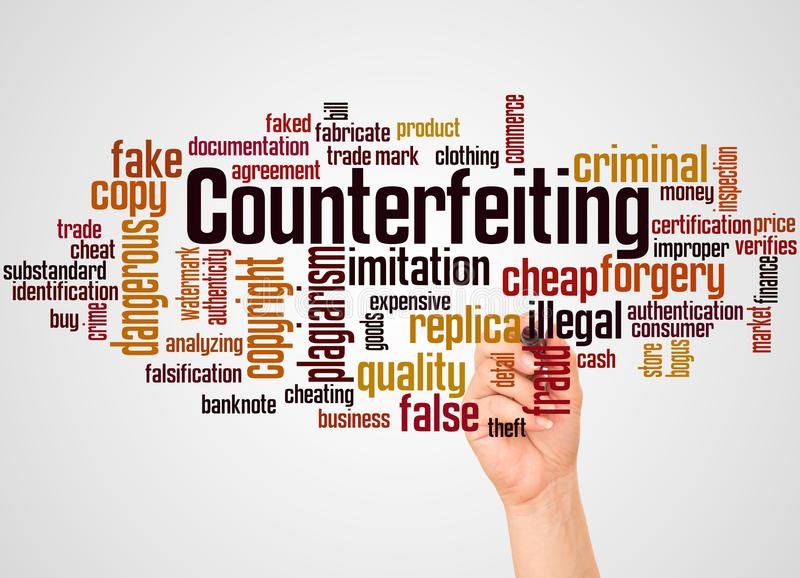
Counterfeiting is still rising as a threat to the society and economy. Counterfeit goods are common around the world and in all sectors of the industry. In the contemporary market, counterfeit goods are an international concern. Statistics show that these counterfeit products not only harm the global economy, but can also adversely affect the company's business. The rapidly advancing technology with the liberalization of the Indian economy has created an ideal market for counterfeiters to potentially misuse an existing brand value that can be created and respected over a significant period of time.
The loss caused by these counterfeit products to a brand or client may be financially incalculable and, for all other purposes, unbearable. The amount sold by street corner fraudsters and all other physical markets will soon be overtaken by counterfeits in the digital world. Brands are losing hundreds of billions of dollars per year due to fake or pirated content online. Brand hackers know that they can easily make money by copying stuff.
It also hinders the economic development of India. Therefore, it is relevant that when investing in and developing a brand, owners consider the impact of counterfeiting and develop a global anti-counterfeiting strategy to ensure a proactive rather than reactive approach.
Counterfeiting is not just a financial loss.Dangerous goods are those that cause direct harm to the health and safety of consumers. In contrast, the illicit trade in counterfeit goods is often associated with other serious crimes, such as money laundering and funding terrorist organizations.Counterfeiting became more pronounced during the covid-19 pandemic as the crisis opened new opportunities for counterfeiters owing to the strong demand for medicines, protective equipment and tests.
There is a great need for anti-counterfeiting services in India. This is due to brand imitation, where the fraudster tries to imitate the name, look, feel and image of another brand, which is very much in the public consciousness due to its popularity and services.

Counterfeiting in both online and physical markets has also become a grave concern in India. In the 2020 Review of Notorious Markets for Counterfeiting and Piracy published by the Office of the United States Trade Representative, an Indian website was cited in the list of the most notorious online platforms for sales of counterfeit products. Several famous markets in Mumbai, Kolkata and New Delhi were also included in the list of physical markets that were notorious for sales of counterfeit goods.
The review also reports that conducting enforcement actions at those locations is expensive and challenging, as is ensuring the effectiveness of raids.
Attorneys at Aerosoft have developed significant experience in the area of anti-counterfeiting and we can assist in devising a comprehensive strategy for curbing counterfeit products by outlining all possible risks and assumptions and mapping them with costs involved in each step taken so that a judicious and objective step can be taken by the client.We provide a plethora of anti- counterfeit services including civil suits, criminal suits as well as conducting investigations in cases of alleged counterfeit goods.
